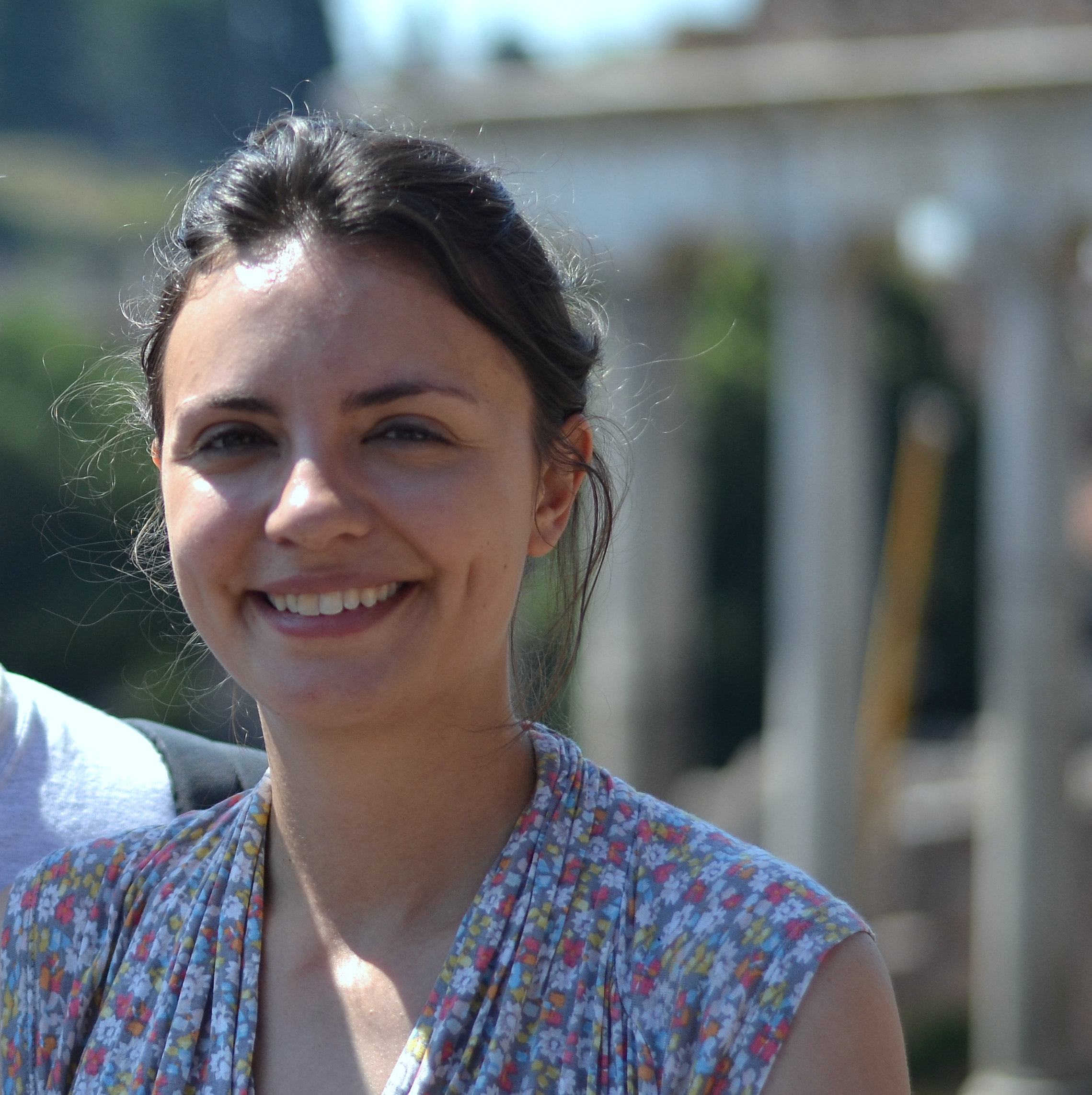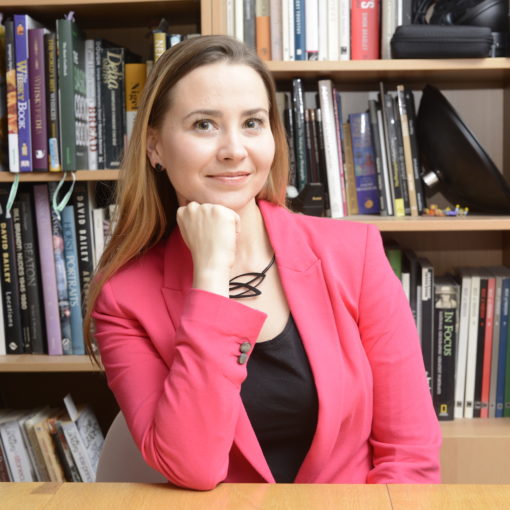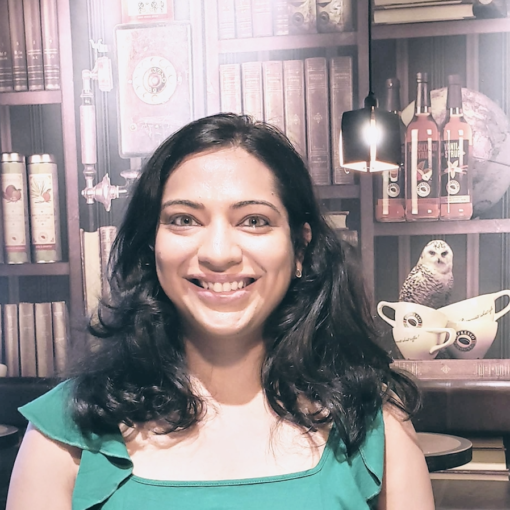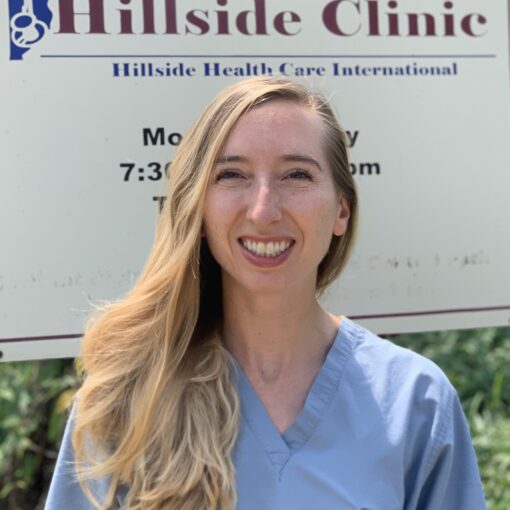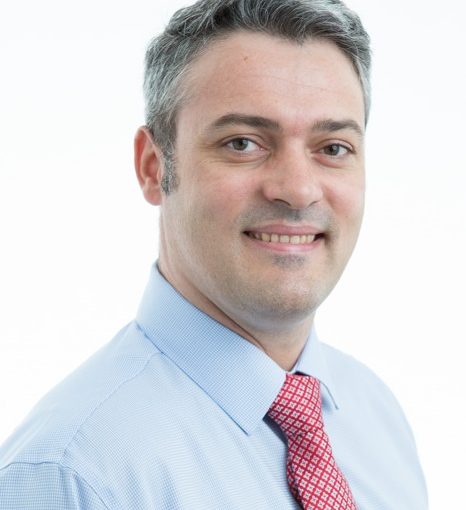DPhil Social Policy, University of Oxford, 2018
| Senior Analyst | |
|---|---|
| RAND Europe | |
Year entered into a non-academic position: 2018
Job highlight: contributing to policy debates on key issues relating to gender equality such as pay transparency measures and domestic violence prevention
My research training set me up to…: think critically and creatively about research,
Left academia after (please select one): PhD
What’s your background?
Before joining RAND, I completed a DPhil in Social Policy and an MSc in Comparative Social Policy, both from the University of Oxford, as well as working as a researcher for consultancies (IFF Research, Ethicore) and non-profits (Oxfam).
Why did you move away from academia?
For me, the most important thing is to pursue interesting research with a social impact. Working for a research consultancy offered an opportunity to do this whilst working as part of a close-knit team, on a diverse set of projects.
Is there anything you miss about academia?
The luxury of time; consultancy work is more structured and deadline driven than academia.
How did you get this job? Did you face any challenges when considering a move away from academia or applying for the role?
I saw my job advertised on an email network for academics and policy researchers interested in employment issues. For me, there weren’t major challenges because there was a considerable overlap: I moved from a policy-focused academic department to an academically-oriented policy consultancy. The transition was made easier by the fact that I had previously worked outside of academia in research consultancies and non-profits.
What motivated you to/why did you choose the sector you transitioned into?
I knew that consultancy work would offer the opportunity to work on a diverse set of projects, both thematically and methodologically.
Did you think you had the skills required for your current position before you started? Were you right?
I was fairly confident, having previously worked for organisations similar to RAND.
How did your PhD prepare you for your current job? For example, what were the transferable skills that you developed during your PhD that are most relevant to your current job?
Transferable skills span academic/research skills (research design, data collection and analysis, report writing etc.) and organisational skills. Completing a PhD – particularly balancing this with part-time work, like I did – requires a high level of self-motivation and strong organisation skills. This put me in good stead for the demands of managing complex research studies with tight deadlines in a consultancy environment.
Did you have any preconceptions about your sector that proved to be wrong?
I thought that I would not have a great deal of agency over the nature of projects I worked on. I was pleased to find out that staff at RAND have agency to pursue opportunities based on their interest in the topic, as well as more pragmatic factors such as staff capacity and expertise.
Can you describe a typical week in your job?
It varies a lot. In a typical week, I spend quite a bit of time on project management and meetings, but weeks with specific deadlines are more focused on producing outputs such as reports. Some weeks are dominated by project work, whereas others are more focused on identifying and pursuing new opportunities.
What is the workplace culture like? Please include comments on work-life balance, flexibility, remote working?
The workplace culture at RAND is supportive and collaborative; the organisation is small enough that you get to know pretty much everybody. There are core hours and the time spent on different projects and tasks needs to be logged for budgeting purposes, but beyond that there is a lot of flexibility to manage your workload.
Do people with a PhD frequently get hired in the company/sector?
A large number of researchers at RAND have PhDs, from a range of different academic disciplines (social policy, sociology, criminology, economics, natural sciences etc.)
What are your favourite parts of your job?
Working with such smart people, in a collaborative and interdisciplinary environment. Also, the ability to pursue opportunities that are of interest. A key interest for me is gender equality, and this is something I have been able to pursue and develop alongside similarly minded colleagues.
What are your reflections on your career path?
Looking back on my career, I feel grateful to have worked in a variety of different environments (private companies, non-profits, universities), firstly because there are transferable skills and lessons that I apply in my current job, but also because those experiences helped me to clarify the type of environment that I work best in.
Do you have any advice for current graduate students and postdocs considering a career outside of academia?
‘Academic’ research doesn’t only happen in universities; there might be more overlap than you think between academia and industry.
What do you know now that you wish you’d known when exploring a transition?
It is possible to pursue your research interests and passions in a non-academic position, albeit in a more constrained fashion than might be possible in academia.

